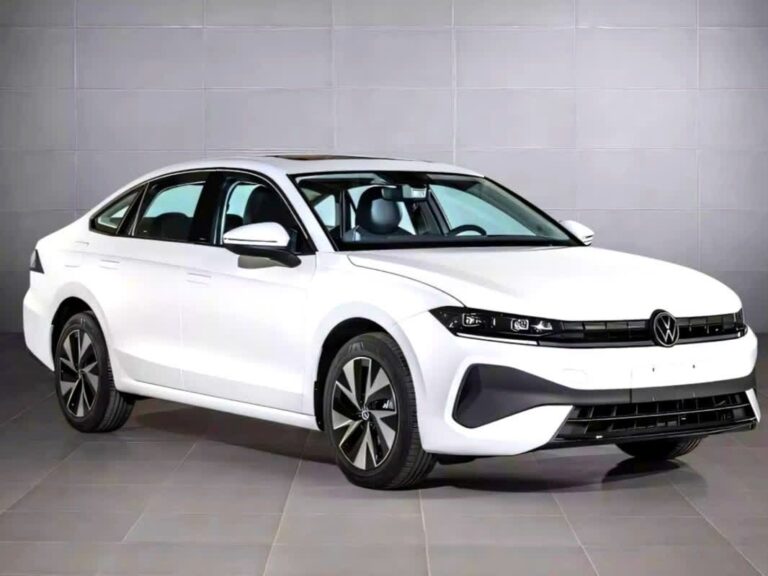
BMW has revealed a groundbreaking digital neural network that could transform the future of automotive technology. The new system, which boasts a 20 times more powerful central control unit than those in current vehicles, will first be implemented on BMW’s upcoming Neue Klasse platform. The technology will streamline the vehicle’s electronic systems, simplifying them to enhance efficiency and reduce weight.
The system utilizes four ultra-high-performance computers, or “super brains,” to control the car’s main functions, enabling the vehicle to operate as an AI. If BMW successfully commercializes this neural network, it has the potential to elevate the driving experience, offering capabilities that far exceed those of today’s traditional vehicles. However, the big question remains: Will this revolutionary technology be available across all BMW models in the future?

The Next-Gen 3 Series: A Potential First for the Neural Network
The next-generation 3 Series, BMW’s flagship mass-produced sports sedan, is expected to be one of the first models to feature this advanced neural network. The 3 Series is among BMW’s top-selling vehicles globally, making it a prime candidate to introduce this next-level technology to a wide audience. As the Neue Klasse platform is set to power the next 3 Series electric vehicle, the digital neural network will likely be most prominent in the electrified variants.
This cutting-edge technology will separate self-driving and vehicle control systems, allowing for much more sophisticated operations. Additionally, integrating a digital smart e-fuse could improve energy efficiency by 20%, directly enhancing the battery performance of electric models. If applied to the 3 Series, this could provide a driving experience far beyond current internal combustion engine models.

Will the Digital Neural Network Make Its Way to All BMW Models?
While the digital neural network is a major advancement, its application across all BMW models remains uncertain. BMW plans to roll out the system initially on the Neue Klasse platform, leaving the future of its use on existing internal combustion engine models in doubt. The neural network requires a new electronic architecture, making it unlikely to be retrofitted into older platforms without significant redevelopment and investment.
Cost considerations also influence the widespread adoption of this technology. GTheneural network integrates advanced AI and software, which could significantly increase vehicle prices. As a result, the system might only be available on higher-end models, such as the M series or electric vehicle lineup. In contrast, entry-level models like the X1 may not receive the feature for economic reasons.

A New Era of Vehicle Control and Performance
BMW’s digital neural network is undoubtedly a cutting-edge innovation, but it raises the question of whether other automakers can match its potential. While other companies incorporate AI into their vehicles, BMW’s system represents a complex architecture designed to change how cars function fundamentally.
Whether the digital neural network will be applied to all BMW models or selectively to premium and high-performance variants depends on market demand and BMW’s strategic direction. The automotive world is watching closely to see how BMW expands its use of this revolutionary technology in the years to come.
























